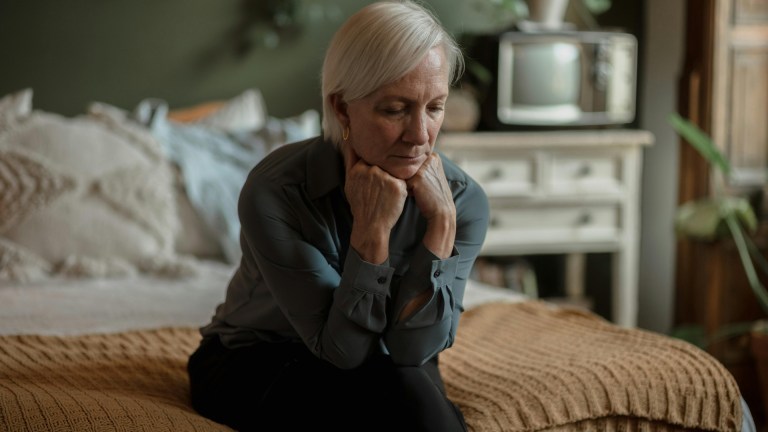The first key finding is that Black and minoritised ethnic communities, taken as a whole, experience disproportionate levels of homelessness in the UK. Between the different ethnic groups and between different forms of homelessness, the relative risks of homelessness vary. People from Black and mixed ethnic backgrounds experience the highest risks – three-and-a-half times higher than white UK-born people – particularly of statutory and core homelessness.
Get the latest news and insight into how the Big Issue magazine is made by signing up for the Inside Big Issue newsletter
Asian people, as a whole, experience lower risks of these forms of homelessness. However, Pakistani and Bangladeshi people face greater risks than Indian, Chinese and other Asian groups.
Further, there are geographical differences in the extent of these ethnic disparities. London displays more extreme disparities, with Black people five times more likely than white to be statutorily homeless. In Scotland this ratio is around 1.5 times.
Evidence on the wider, hidden forms of homelessness shows a more adverse picture for Asian households, alongside the Black and other groups. Pakistani, Bangladeshi and Black households are more than four times at risk of overcrowding and unaffordable rents than white households. Asian-led households are also twice as likely as white British households to share dwellings with other households or to have other adults (apart from their own adult children) living with them.
Racial discrimination is involved
The recent English Housing Survey showed that people who experienced racial discrimination, harassment or abuse were at a higher risk of homelessness. This is particularly the case for Black people, a third of whom report discrimination from social or private landlords.
Advertising helps fund Big Issue’s mission to end poverty
In 2021 the UK government’s official report into race and ethnic disparities argued that disparities in outcomes in education, health and other areas predominantly reflected factors other than racism or discrimination. The report, which attracted widespread criticism, did not consider housing or homelessness.
Our research, by contrast, shows that ethnicity, migration background and discrimination do, in fact, increase the risk of homelessness. This is particularly the case for Black, mixed and “other” groups, as well as for Pakistani and Bangladeshi people. (Here, “other” is the standard ONS categorisation, which includes Arab/Middle Eastern groups).
We have found that there are important indirect routes by which ethnicity and discrimination-related factors impact on the risk of homelessness. These include poverty, private renting and housing insecurity. Once these indirect effects are accounted for, the relative risk for Black and other minoritised ethnic households is substantially higher.
This supports our inclusion of groups at risk in our overall assessment of the evidence. To our knowledge, no other research exists that has analysed UK homelessness in this way, using mediation models.
Since 2011, in conjunction with the UK charities, Crisis and the Joseph Rowntree Foundation, we have published the Homelessness Monitor report on the trends and driving factors in homelessness (annually for England; biannually for Scotland and Wales). This ongoing research points to several short-term measures that could reduce core homelessness, thereby significantly benefiting Black and other ethnic minority groups.
These measures include raising the local housing allowance (to meet private rent levels) and ending no-fault evictions. Reforming universal credit to end the five-week wait, stop debt deductions and scrap the benefit cap would also help.
Advertising helps fund Big Issue’s mission to end poverty
In the longer term, we need to build more social housing. We need to level up the country to depressurise the London housing market. We also need better support for homeless people with complex needs and a more humane policy towards asylum seekers.
Without action, though, the current crises combined with rising rents and ever less housing stock will only see more people become homeless. And Black and other minoritised groups will continue to be disproportionately impacted.
Glen Bramley, Professor of Urban Studies, Heriot-Watt University
This article is republished from The Conversation under a Creative Commons license. Read the original article.










